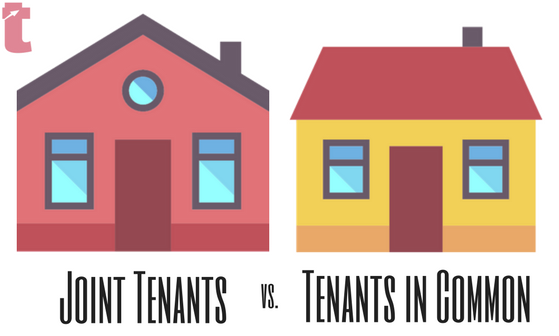|
Joint Tenancy vs. Tenants in Common
Property owned by more than one person must be owned in one of two ways: Joint Tenancy or Tenancy in common. When a property is owned in a joint tenancy arrangement, the interest of a deceased owner automatically gets transferred to the remaining surviving owner(s), meaning the surviving owner(s) has the right of survivourship. On the other hand, if the property is in tenants in common, the interest in the property becomes owned by the estate of the deceased and is transferred to beneficiaries by the estate. Joint Tenancy:
Comments are closed.
|
welcomeA bit about myself. I am a member of the British Columbia Notaries Public Society. I want to answer some of the most common questions that my clients have through my blog. Hope you find it useful. Archives
April 2019
Categories
All
|
Talk to us today!
HoursMon - Fri: 9:30am to 5:30pm By Appointment Only
Sat: Closed By Appointment Only Sun: Closed |
Email
|
Call
Tel: 604-266-6644 (Eng, 中)
Fax: 604-266-6614 |
Social
|
Copyright © 2019 Jerome Tsang Notary Public | Notary Public, Vancouver BC Notary | Sitemap


 RSS Feed
RSS Feed
